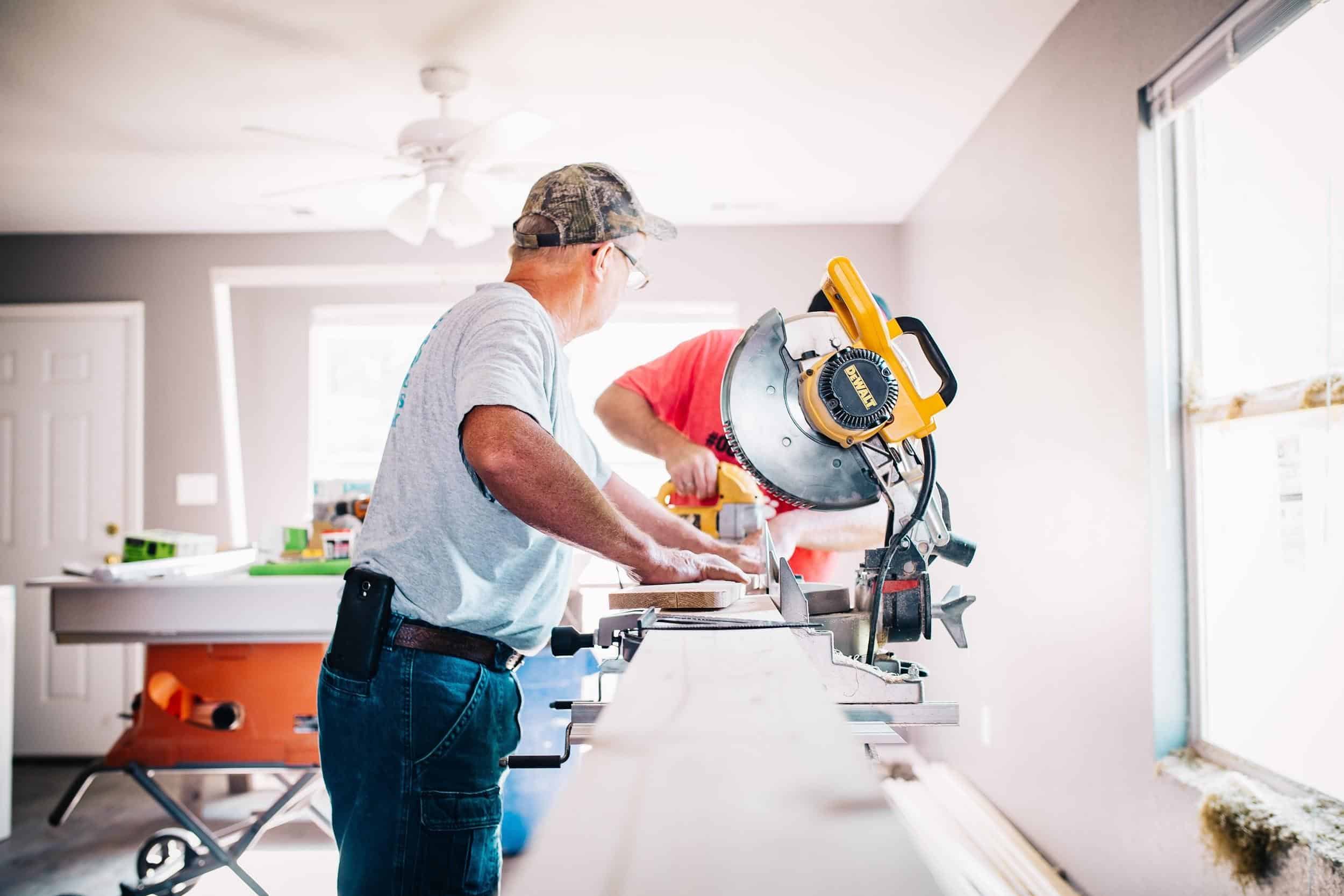
Things To Consider Before Buying A Fixer-Upper
Are you a first-time homebuyer considering a fixer-upper? Make careful decisions before buying that home. Fixer-uppers are houses that require repairs or renovations before the buyer can move in. Still, they’re an excellent way to get into a larger home or a more expensive neighborhood you ordinarily couldn’t afford.
Since fixer-uppers aren’t move-in ready, the sales price is lower than similar houses in the neighborhood. But before you shell out the cash to buy that home, you’ll need to know what you can realistically afford, especially if you’ll need to make repairs. Here is some advice to keep you from making a huge financial mistake.
The Buying Process
Don’t fall in love with a fixer-upper before you weigh the costs. The Balance states that purchasing a fixer-upper “can be a nightmare, punctuated by a series of disasters, or it can be a profitable whopper of a deal.” You may be enamored with the wraparound porch and formal dining room, but there could be electrical issues lurking within the walls. You’ve always dreamed of living in a 100-year-old home, but its roof may be ready to fall on your head. HGTV suggests homebuyers hire a licensed home inspector to ensure their dream home doesn’t become a financial drain. A home inspection reveals problems that aren’t noticeable at first glance. It allows you to request that the seller fix the issues before you agree to buy the house.
Reconsider buying a fixer-upper with structural problems. Homes with extensive damage and structural issues will give you headaches as you run into one problem after another. The Nest states that you should carefully add the costs before signing a sales contract. If you determine that the cost of repairs and the listing price exceeds the home value of other homes in the neighborhood, don’t agree to buy the house.
Ideally, when you start your hunt, you’ll want to compare turnkey home prices to fixer-uppers. Since fixer-uppers generally sell 8 percent below market value, you could expect to pay $299,000. But then you need to factor in renovation costs. Which begs the ultimate question: how much home can you afford? It would be best to estimate your affordability based on your annual income, down payment, monthly spending, loan type, and current average APR. Once you know your baseline, you’ll have an easier time looking in your general price range.
Projects to Tackle First
Determine your handyman talents before you agree to purchase a home. You may not want to buy a fixer-upper if you’ve never handled a hammer or saw. Undertaking repair projects yourself helps you save money, but if you’re hopeless with DIY tasks, hiring professionals to do all the work for you will cost you a pretty penny. On the other hand, if you’re skilled in carpentry, plumbing, or decorating, consider purchasing a fixer-upper that needs these kinds of repairs.
Most homebuyers can handle painting walls. All you need are buckets of paint, paintbrushes, and paint rollers. You can even recruit friends or family members to help. You probably won’t even need to pay them money. Reward them with food by ordering a couple of pizzas.
Landscaping the yard is another project most homebuyers can handle. Mowing the lawn, planting flowers, and trimming bushes can be tackled in a single afternoon. And it’s a relatively inexpensive way to improve the exterior appearance of your home. Power washing the exterior and repainting the front door also work wonders for a fixer-upper.
Of course, it’s essential to know what you can do and what you can’t. Also, some projects that seem relatively simple may become more than you can handle. For example, replacing window glass may seem simple, but a lot goes into this process. So, if you don’t have experience with this type of replacement, consider hiring a contractor with the knowledge and know-how to tackle this task.
Should You Stay or Go?
Once you’ve finished fixing up the home, you have options. Move into the house and begin your happily ever after, or put it up for sale. Or, you might even consider using it as a rental property. Are you absolutely in love with the home and can’t imagine anyone else living there? Then you should stay. If you decide to sell or rent the house, renovations, and repairs will increase its value, making it easier to find a buyer or renter.
Just because a fixer-upper is the home of your dreams doesn’t mean you should sign that sales contract. Having a licensed home inspector examine the house from basement to attic is crucial to avoid a financial nightmare. Some fixer-uppers aren’t worth the price because there are too many structural problems lurking within their walls. But other fixer-uppers may be a bargain, requiring just a bit of TLC to prepare for move-in. Whatever you decide, count the costs before you stake your claim on your first home.
Our Guest blogger

Ray Flynn | DiyGuys.net
Photo via Unsplash
